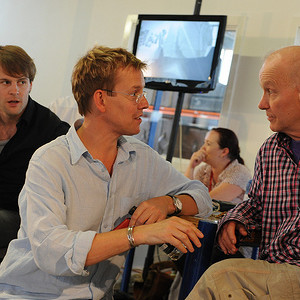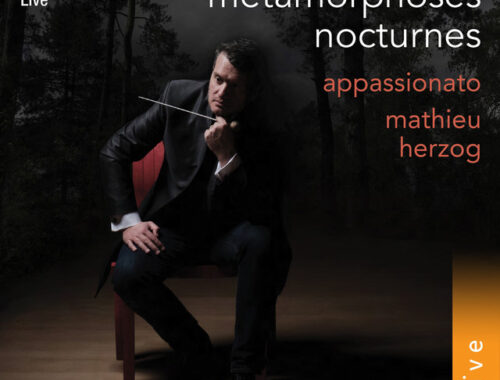SUNDAY 29TH AUGUST 2010 PROM 58: CZECH PHILHARMONIC ORCHESTRA/ GARDINER
Royal Albert Hall
If you didn’t know who was playing, the second theme of Dvorak’s Carnival Overture – clarinet in songful counterpoint with the homeliest of tunes in the violins – would have thoroughly given the game away. Only the Czech Philharmonic could phrase this music with such unassuming charm. The conductor would have been harder to identify – if only because Sir John Eliot Gardiner – hardly, one would think, a natural for this repertoire – seemed so completely and utterly at home. Never underestimate Gardiner: his versatility knows no bounds because his musical instincts are second to none. Carnival came off the page like a giant party-popper.
A dramatic volte-face, then, to the dark side with Martinu’s last Symphony (No.6), Fantaisies symphoniques, written in exile in the USA and more than a little redolent of those Hitchcockian dreamscapes that begin with the camera spinning us into dizzying oblivion. Martinu’s whirring orchestra is in a state of perpetual flux, gurgling “underwater” bassoons and queasy ever-shifting harmonies making it hard to get a handle on any of the aspiring themes which struggle to assume supremacy in the midst of so much chaos. Only the sad and beautiful clarinet solo in the final Lento (quietly devastating) really tells it like it is. One long resonance of the tam-tam represents the death knell and the rest is a moving funeral oration. The technical precision of the performance wasn’t always there but the soul was.
The interloper at this all-Czech party, happily ensconced between two intervals, was Grieg. Lars Vogt played the ubiquitous Piano Concerto with conspicuous relish for its poetry and its grandstanding, quite literally flinging his big rhetorical gestures back into the orchestra who in turn attended its folksy themes as they might Dvorak or Smetana.
Speaking of folksiness, it was interesting getting two such different perspectives on the same Bohemian source material with the juxtaposition of Janacek’s The Ballad of Blanik and Dvorak’s 8th Symphony. Gardiner seemed to take a step back and let his cellos radiate in the opening theme of the symphony – but the upping of pace into the main allegro, like an over-zealous furiant, was all him. It was a performance fizzing with the spirit of Czech song and dance. Rollocking trills from horns and woodwinds kicked over the traces in the finale but my take-home moment was that very personal reverie, just prior to the rampant coda, which Gardiner and the orchestra phrased with such deep and abiding affection.
You May Also Like

Amadeus, Chichester Festival Theatre
28/07/2014
A Conversation With RICHARD TAYLOR: ‘The Go-Between’
02/09/2010